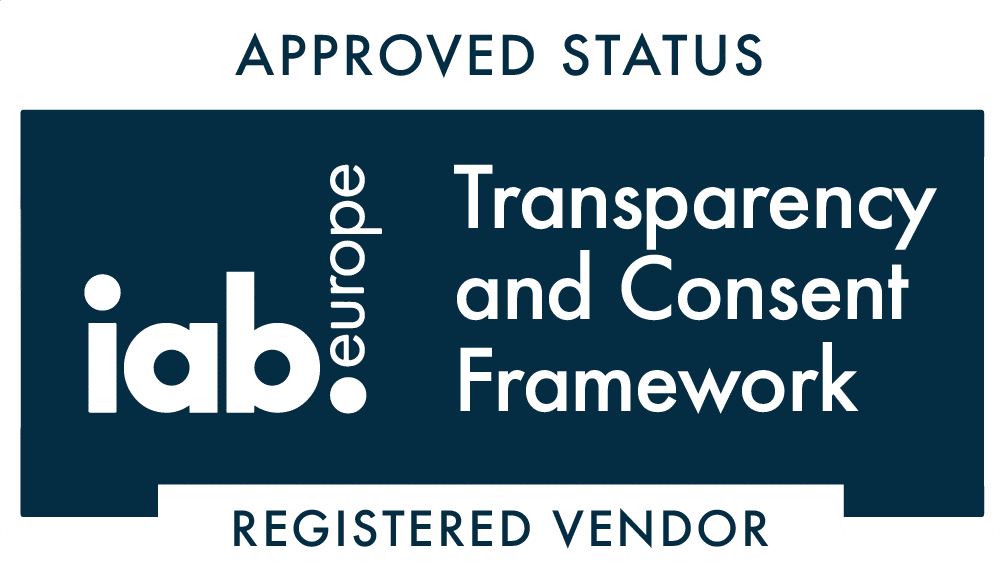What’s the difference between AdWords and AdSense, two Google products? Simply put, AdWords (formerly known as Google Ads) is a system that allows businesses to bid for ad space in Google search results and on other Google-affiliated sites.
AdSense is a program that enables publishers and website owners to sell advertising space to businesses. To put it another way, you need to pay to utilise AdWords, but AdSense has the potential to make you money.
Still perplexed? Let’s dive deeper.
Advertisers develop and place ads on Google using AdWords. Google has a 86% share of the search market, and advertisements account for 80% of its income. As you might expect, AdWords is quite popular and, when utilised effectively, extremely profitable. What distinguishes AdSense from other search engines? Let’s have a look.
The Key Difference Between Google Ads and AdSense
Google Ads and AdSense are conceptually different in that Google Ads is for advertisers while AdSense is for publishers. When I say “publisher,” I’m referring to anyone who has a website, is prepared to sell ad space on it, and is primarily concerned with producing regular content (instead of selling products and services). For example, The New York Times would be called a publisher.
AdSense vs. AdWords
If you’re familiar with Google Advertising’s Display Network, you may think of AdSense as a platform where website owners can display ads on their site in exchange for money. But it’s not just limited to display advertisements. AdSense selects display and text adverts for your site depending on the content and who’s visiting it. You aren’t giving up complete control, either—AdSense allows you to customise the design of your advertisements and where they appear on your site.
What Is AdSense? How Does It Work?
In the Google Advertising auction, advertisers compete for your valuable ad space when Google Ads provides the ads on your site. Essentially, you’re auctioning your site’s advertising real estate to the highest bidder.
In principle, this would allow you to receive the highest possible amount of money. Google also handles all billing, making it exceedingly simple to sell ad space on your site, sit back and watch the ad revenue come in. However, unlike AdWords, which helps marketers optimise their ad campaigns to maximise their return on investment, AdSense does not.
You’re at the mercy of how good Google advertisements marketers are at advertising when it comes to how much money you can make with AdSense. Depending on the type of ad you allow on your site, you’ll be paid when someone clicks or watches your ad.
Ad design, ad relevance— it’s the advertiser’s responsibility to create an ad that’s as enticing and relevant as possible in order for your user to click on it. And if they do, you’ve just lost a visitor to your site. As a result, you should only use AdSense instead of AdWords if you don’t offer any goods or services.
AdWords, AdSense, and Targeted Keyword Research
The advertiser is responsible for designing attractive advertisements that generate clicks while using AdSense. It is your responsibility to drive traffic to your content to maximise the visibility of those ads.
This leads us back to the concept of unique, high-quality material. Aim to be helpful by addressing the main pain points or issues that users have.
AdSense users must pay special attention to the keywords that get the most page visits for the greatest returns. To be successful with AdWords and AdSense, ensure your keywords are relevant to what people are looking for when they type those words into Google.
The easiest method is to write content that focuses on long-tail keywords. You’ll utilise AdWords to bid on long-tail keywords and incorporate them into your content. These phrases are often less costly, but they capture a greater portion of the searcher’s purpose.
AdSense, meanwhile, is all about catching people’s attention with relevant keywords that have large search traffic. Because you’re not bidding on keywords, the cost isn’t an issue. We do, however, advise choosing keywords with the competition in mind.
New websites should target keywords with a low to medium search traffic because there is less competition. High-volume keywords are better suited for established websites that already appear on the first page of search engine results pages.
Is it possible to combine AdWords with AdSense? In general, AdSense and AdWords serve two distinct purposes. However, there are some situations in which you may need to employ both. Anyone who uses AdSense may benefit from AdWords, but not everyone who uses AdWords should use AdSense.
Here’s how to tell when this combination is working and when it isn’t.
When AdWords and AdSense Work Together
It isn’t always a battle between AdWords and AdSense. Occasionally, the two pair perfectly.
AdSense strives to assist publishers in generating additional revenue by referring users to other companies’ websites to make a purchase. This model works well for affiliate marketing review sites, news platforms, and blogs that don’t offer actual items or services.
So a food blogger may use AdSense to monetize their site by showing advertising for cooking equipment, meal packages, or flatware. These advertisements contain goods that readers may find helpful, but they do not detract from the site’s recipes and recommendations.
In this instance, the website owner may conduct brief AdWords advertising to expand their audience and obtain the page views required to succeed with AdSense.
When AdWords Is Better On Its Own
AdSense sites are content-driven, which means they don’t deliver advertising. For example, an e-commerce business with external advertisements is just driving customers away from their site.
In such an instance, the site owner should concentrate on recruiting clients with Google Ads and ensuring that they provide value once they get on the site. And, when it’s a two-edged sword, the choice between AdWords and AdSense might sometimes be tough.
If you work in the services industry, combining AdWords with AdSense might be tricky. You can use AdSense as a supplemental revenue source for services such as content writing, site design, consulting, and coaching.
Because this sort of website has two goals: building an audience and providing a service, utilising AdSense to advertise a marketing tool could work in this instance. Publishers must tread carefully in this area since too many advertisements may turn off readers and potential clients.
AdSense is unlikely to assist websites that provide services such as building or plumbing. These sites frequently feature blogs, but they prioritise conversions above cultivating a dedicated content following.
Let’s Get Started
At OKO Ad Management, we’ll help you maximise your revenue for your ad monetization campaign. Contact us today so we can discuss how we can help you manage the ads on your site.






